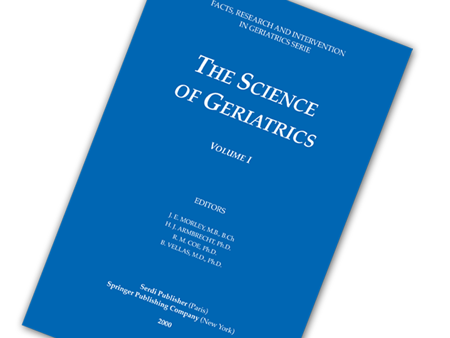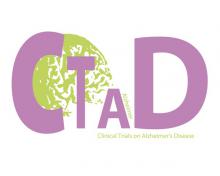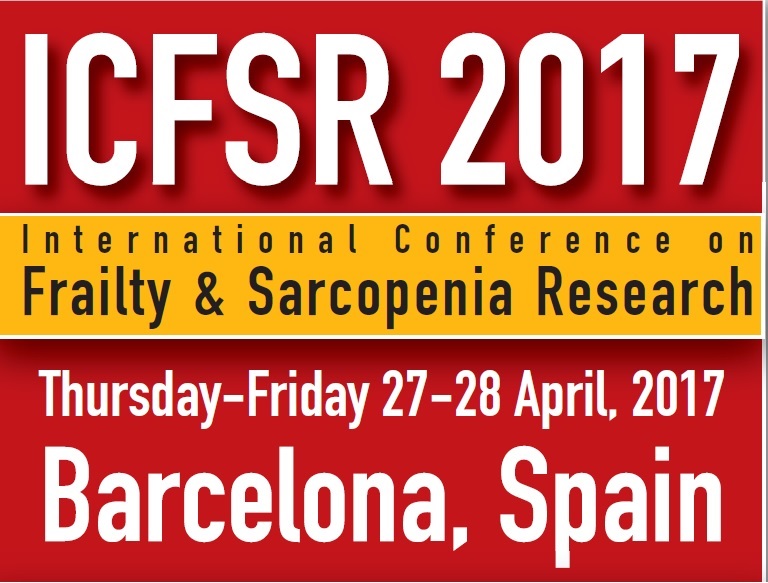Novel treatment approaches and global studies took center stage at the 11th international conference on Clinical Trials in Alzheimer’s Disease (CTAD) in Barcelona, Spain. Some 1200 delegates registered for this year’s conference, which has become one of the most important meetings to focus on AD therapeutics.
Intranasal insulin may improve brain function in MCI and AD
Suzanne Craft of the Wake Forest School of Medicine in Winston-Salem, North Carolina, presented data from a multi-site Phase 2/3 study of intranasal insulin in patients with mild cognitive impairment (MCI) or mild Alzheimer’s disease (AD). Brain insulin resistance has been linked to an increased incidence of AD, which could help explain the association of diabetes with increased AD risk. In animal studies, insulin has been shown to improve multiple aspects of brain function, including synaptic health. Moreover, intranasal delivery has been shown to be an efficient and quick way to target the brain. In a previous pilot study, intranasal insulin was shown to enhance memory in people with cognitive impairment.
For this trial, 289 participants at 26 US sites were randomized to receive either insulin or placebo daily for 12 months. The first 49 participants used the ViaNase ™ device to deliver the drug; however frequent malfunctions led the investigators to discontinue use of that device in favor of the newly-developed Precision Olfactory Device (POD) from Impel NeuroPharma. Assessments were made at baseline and at three-month intervals until the end of the study, when participants were offered open-label insulin treatment for another 6 months. A change in cognitive function from baseline to 12 months served as the primary endpoint; secondary endpoints included assessments of daily function, imaging, and biomarker studies.
Although the study failed to show effectiveness of intranasal insulin delivered with the POD on any of the outcome measures, Craft noted a pattern suggestive of benefit in the participants who used the ViaNase device. “We’re just beginning to understand what optimal delivery of insulin would be,” she said. Further analyses of these data, including analyses of the open-label extension and other pre-specified responder analyses are forthcoming, she said.
First-ever phase 3 clinical trial from China
The use of natural products for medicinal purposes has a very long history in China, but it has been rare for those products to be tested in phase 3 clinical trials. Today at CTAD, Meiyu Geng of Green Valley Pharmaceutical Company in Shanghai presented data showing statistically significant improvements in cognition in AD patients treated with GV-971, a marine-derived oligosaccharide that has been shown to inhibit the formation of beta amyloid fibrils, reduce neuroinflammation, and affect the gut microbiota.
This 36-week multi-center trial enrolled 788 people at with clinically diagnosed mild-to-moderate AD. Participants were randomized to received placebo or GV-971 twice per day. Statistically significant improvement was seen starting as early as week four and continued to improve for the duration of the study, said Meiyu. These improvements were observed regardless of the baseline cognitive score and presence or absence of the ApoE4 alelle. There was also a non-significant trend towards improvement on the Clinicians Interview-Based Impression of Change (CIBIC+), which was a secondary outcome. No improvements were seen on other secondary outcomes including measures of activities of daily living and neuropsychiatric symptoms. FDG-PET, an imaging study of brain metabolism, also showed no significant effects. The treatment was safe and well-tolerated.
Green Valley Pharmaceutical now plans to conduct a global trial of GV-971, with the hope of bringing this effective treatment to millions of patients worldwide, said Meiyu.
Vaccination reemerges as a promising treatment strategy
In 2002, when Elan terminated its study of the AN-1792, a vaccine against beta amyloid 1-42, the idea of vaccinating people to protect them from getting AD appeared to be a dead end. But immunologist Chang Yi Wang forged ahead, eventually developing a platform that uses synthetic peptides to generate endogenous target-specific antibodies against a variety of antigens. Chang Yi went on to co-found United Neuroscience, Inc., which according to its chief medical officer Ajay Verma, has since sold over 3 billion doses of vaccine for animal care and veterinary health. At CTAD, Verma presented preliminary data from its Phase 2a study of UB-311, an active anti-amyloid immunotherapy vaccine with the potential to prevent AD.
The problem with AN-1792 was that it used the entire amyloid-beta peptide. “We learned that different portions of the A-beta molecule are preferentially targeted by T and B cells,” he said. The trick is to avoid cytotoxic T cell responses while still generating a strong B cell response, said Verma. The UNI approach elicits a gentle titrated antibody response with no immunosenescence, he said.
In its phase 2a study conducted at four sites in Taiwan, 42 participants with mild AD were randomized to receive 7 doses of drug or placebo over 60 weeks, followed by 18 weeks observation. Nearly all participants have completed dosing with no reports of serious adverse events. Top line results from the study, including extensive biomarker studies and additional safety and immunogenicity data are expected by the end of 2019. Participants are also eligible to participate in a long-term extension study.
Novel regenerative treatment promotes neurogenesis in the brain
Allopregnanolone (allo), a naturally occurring substance and metabolite of progesterone, has both regenerative and neuroprotective properties and therefore has been in development as a novel, first in class therapeutic for MCI and mild AD in the laboratory of Roberta Brinton, Director of the Center for Innovation in Brain Science at the University of Arizona. In a transgenic mouse model of AD, Brinton and colleagues demonstrated that allo induced neurogenesis and a change in synaptic connectivity and restored cognitive function. They went on to complete a Phase 1 study that tested three ascending doses to determine safety and maximum tolerated dose, with secondary biomarker and cognition studies and development of an induced pluripotent stem cell strategy to predict responders.
At CTAD, Brinton reported the results of a Phase 1b/2a study of allo in people with MCI or mild AD. This study enrolled 24 participants in 4 arms: placebo, 2 mg, 4 mg, and 6-18 mg. Weekly intravenous dosing was delivered for 3 months, during which time hippocampal volume was preserved. While there was no statistically significant improvement in cognition, there was a trend in the right direction for improvements in executive function, said Brinton. No sex differences were seen and the treatment was well tolerated. She is now planning a Phase 2 randomized controlled trial that will enroll 200 mild AD patients to receive 4 mg of allo for 72 weeks.
A reduced risk of AD in rheumatoid arthritis patients may suggest a novel treatment strategy
Based on the observation that people with rheumatoid arthritis have a reduced risk of AD, Huntington Potter and colleagues at the Rocky Mountain Alzheimer’s Disease Center in Colorado hypothesized that cytokines produced by the innate immune system may be neuroprotective. To test this hypothesis, they injected transgenic AD mice with granulocyte-macrophage colony-stimulating factor (GM-CSF) and showed that it reduced brain amyloid by 40% after only seven days and reversed cognitive impairment in 14 days. They also reviewed data from bone-marrow transplant patients who had been given Leukine (also known as sargramostim), a recombinant form of human GM-CSF and found that these patients showed significantly improved cognitive function. These data convinced the institutional review board to allow them to test sargramostim in a placebo-controlled pilot study in patients with mild-to-moderate AD. Study participants who received a subcutaneous injection 5 days a week for three weeks showed a reduction amyloid that correlated with an improvement in the mini-mental state examination (MMSE) score and no sign of amyloid-related imaging abnormalities (ARIA). Potter said they are now planning a six-month trial of GM-CSF/sargramostim in mild-to-moderate AD.



